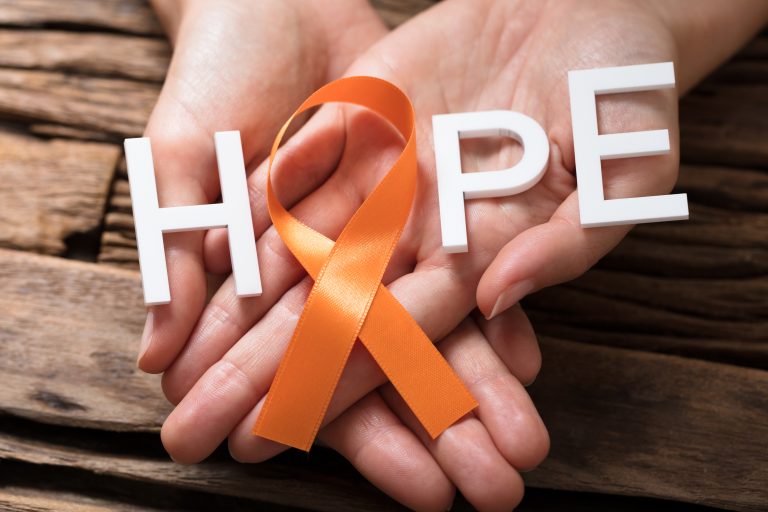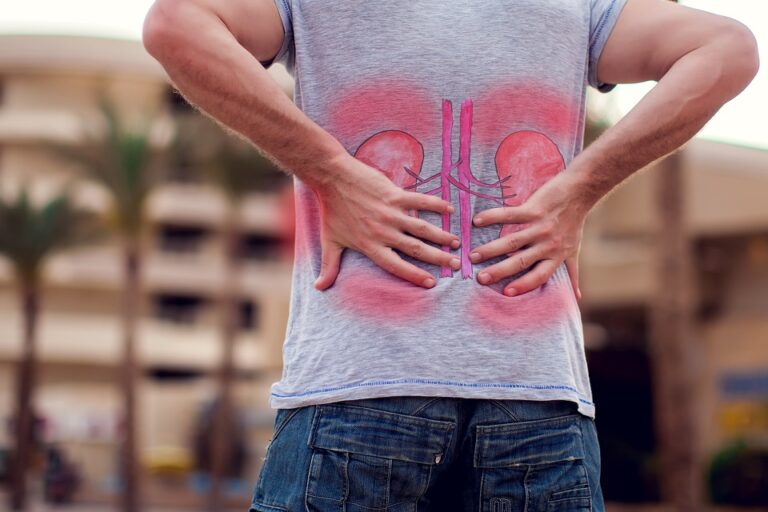
Your drinking habits
“How many drinks do you typically have per week?” It’s asked at every appointment — and lied about almost as often. But drinking too much can have serious consequences on your health. According to the Centers for Disease Control and Prevention, alcohol was responsible for 2.5 million years of potential life lost each year from 2006 to 2010. You may not want to be lectured, but it’s important for your doctors to know what’s really going on so they can look out for warning signs of any health problems that may be caused by alcohol.

Your smoking habits
Even if you only smoke occasionally, you should tell your doctor. According to a study from 2013, one in 10 smokers won’t fess up to their doctors. Omitting this information prevents your physician from providing you with the best resources for you to quit. Again, you may not want a lecture, but your doctor’s job is to look out for your health. And smoking is really bad for you. However, there are other reasons your doctor needs to know this information. Smoking can affect the way doctors treat certain infections such as bronchitis.

























